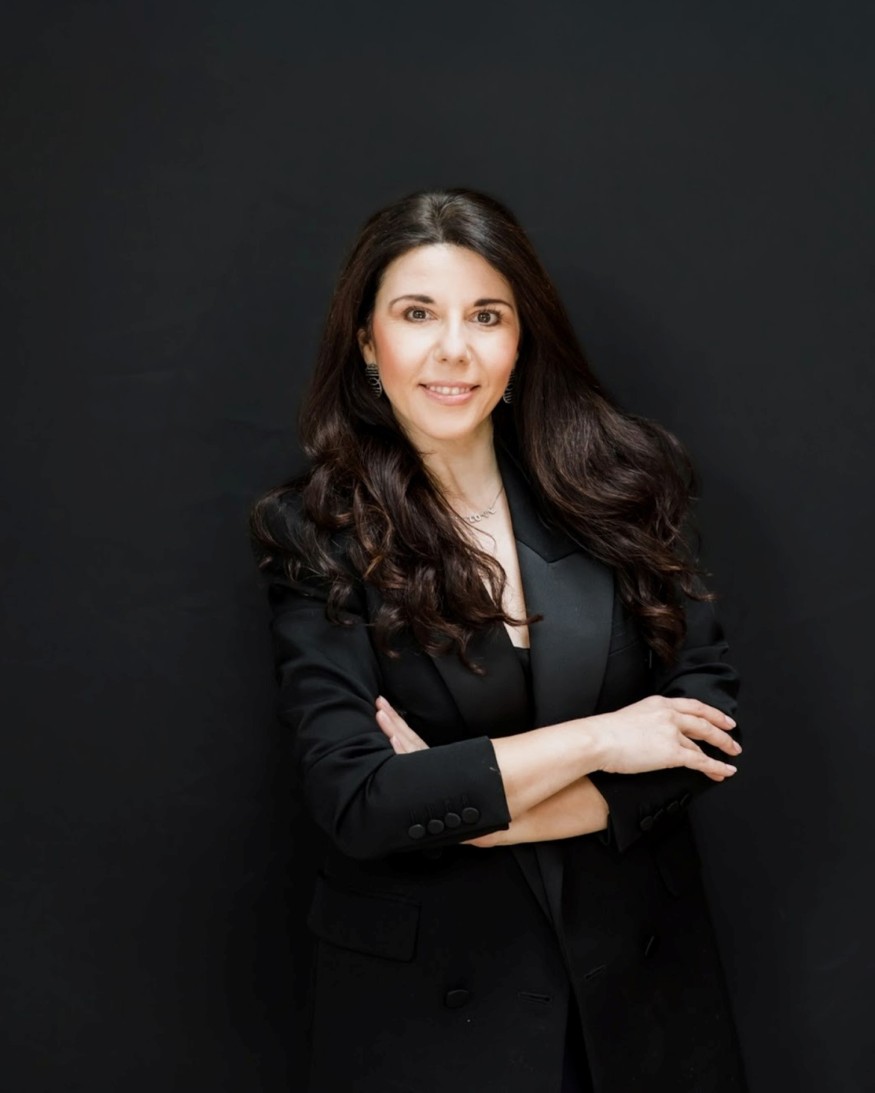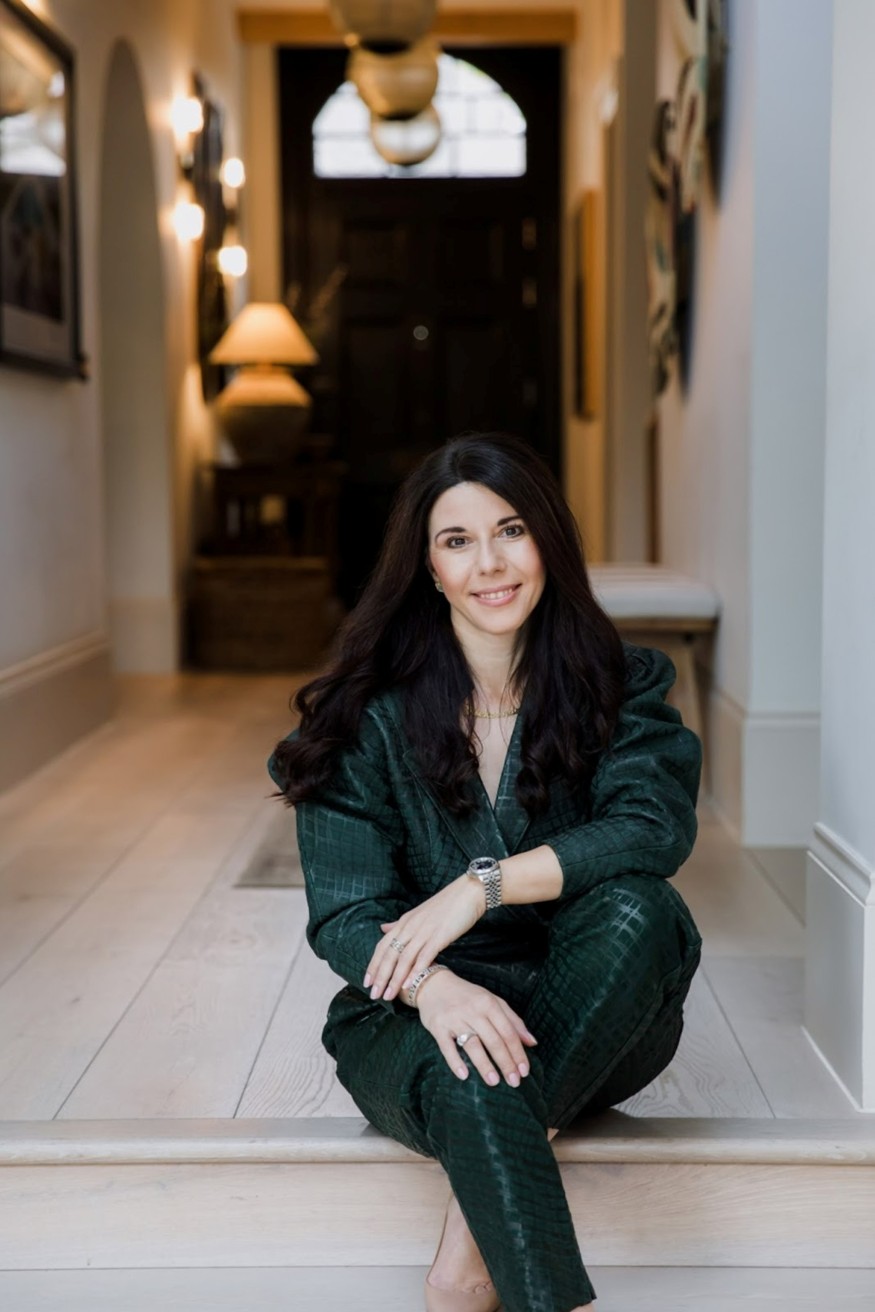
Hospital corridors are lined with patients who are technically "cured" but far from whole—still exhausted, anxious, and struggling to rebuild their lives. Dr. Aleksandra Filipovic believes these points to a deeper problem: modern medicine treats diagnoses but rarely addresses root causes and the nervous system patterns that have formed to underlie them. At The H.E.A.L. Clinic, she is practicing this radical alternative, a both/and approach in healthcare—utilizing the gifts of modern medicine while remembering the infinite healing intelligence of our own nervous system.
Scientific Roots and Personal Reckoning
Filipovic's path was built on rigor. Trained as a cancer cell biologist at Imperial College London, she completed a PhD and postdoctoral fellowship before spending nearly two decades in oncology clinics and biopharma. She immersed herself in protocols designed to prolong life, but not necessarily to restore it.
In 2016, her own body delivered a lesson: a diagnosis of ulcerative colitis. She chose to see this as an invitation to deeply look not only at the condition but also at the unprocessed trauma stress signals and behaviors that distanced her from herself. By 2021, she had reached a pivot point: "I either start practicing medicine differently right now, or there is a choice to be made," she recalls. That choice became creating The H.E.A.L. Clinic—an acronym for Health, Empowerment, Awareness, Love.
The Nervous System as Medicine
The clinic's central premise is provocative: harnessing the nervous system itself as medicine. Filipovic argues that symptoms—whether autoimmune conditions, migraines, pain, PTSD, or chronic fatigue—are often the body's attempt to alert us to and resolve incomplete trauma loops. Unless those neural circuits are addressed, treatments risk becoming temporary fixes.
To intervene, she draws from modalities such as Neurosomatic Intelligence (NSI), Whole Health Medicine Institute (WHMI) methods, certification in OvidDx for chronic pain and trauma, and others. The range of conditions she works with includes autoimmune diseases, cancer, fibromyalgia, gastrointestinal disorders, anxiety, depression, and more.
Trauma and Global Health: The Missing Link
Mounting evidence now links trauma, whether childhood or adult, to nearly every major category of chronic illness. Across 24 countries, 70% of people who completed the Adverse Childhood Experiences (ACE) assessment reported an average of 3.2 lifetime traumas. Each additional trauma increases the likelihood of harmful health behaviors such as substance use and obesity, and raises the risk of illnesses, including cancer, diabetes, cardiovascular and respiratory disease, anxiety, and depression.
A global meta-analysis estimates that the long-term health consequences of ACEs cost $581 billion annually in Europe and $748 billion in North America, with over 75% of these costs arising from individuals exposed to more than two adverse experiences. Researchers suggest that even a 10% reduction in ACE prevalence could save $105 billion per year.
For Dr. Filipovic, these figures reaffirm what she observes daily in clinic: that unaddressed trauma is not only a psychological issue but a biological and economic one—an invisible epidemic shaping both personal health and public systems.
A Global Wellness Movement
Filipovic's work arrives at a moment of cultural readiness. The wellness economy—valued at $6.3 trillion in 2023—is projected to reach nearly $9 trillion by 2028. Yet much of this growth is consumer-facing, not embedded in healthcare systems. Her model seeks to close that gap by embedding nervous-system-centered care into medical practice.
Later this year, she will speak at Health 2.0 in Dubai on building hospitals of the future and Society of Integrative Oncology in Boston on teaching physicians to integrate neurosomatic intelligence into care, bringing her dual credibility as oncologist and drug developer to a global stage.
Healing Beyond Symptoms

Diagnosis, Filipovic insists, is not merely the bottom line of lab results or scan images. It is the body's language, an archive of unprocessed pain, and an invitation to return to Self. "Significant healing happens across all life areas, not just the body," she notes. By training physicians to holistically view what may have been reduced to 'medical coding,' she envisions a healthcare paradigm where trauma-informed, nervous-system-led medicine becomes mainstream.
Remembering Medicine: A Forward-Looking Clinical Model
Dr. Filipovic has a much bigger goal: to lead, practice, and teach a paradigm shift in healthcare—less focused on battling disease, more on cultivating resilience and creating connection. Her mission is as ambitious as it is personal: to ensure medicine supports not only survival but wholeness.
In her words:
"The purpose of medicine is not only to reverse illness. It is to support wholeness and wellness. I am humbled to have reached a season in my career where I am remembering and practicing what it truly means to be a doctor. Never have I been prouder of this calling."
© 2026 ScienceTimes.com All rights reserved. Do not reproduce without permission. The window to the world of Science Times.











